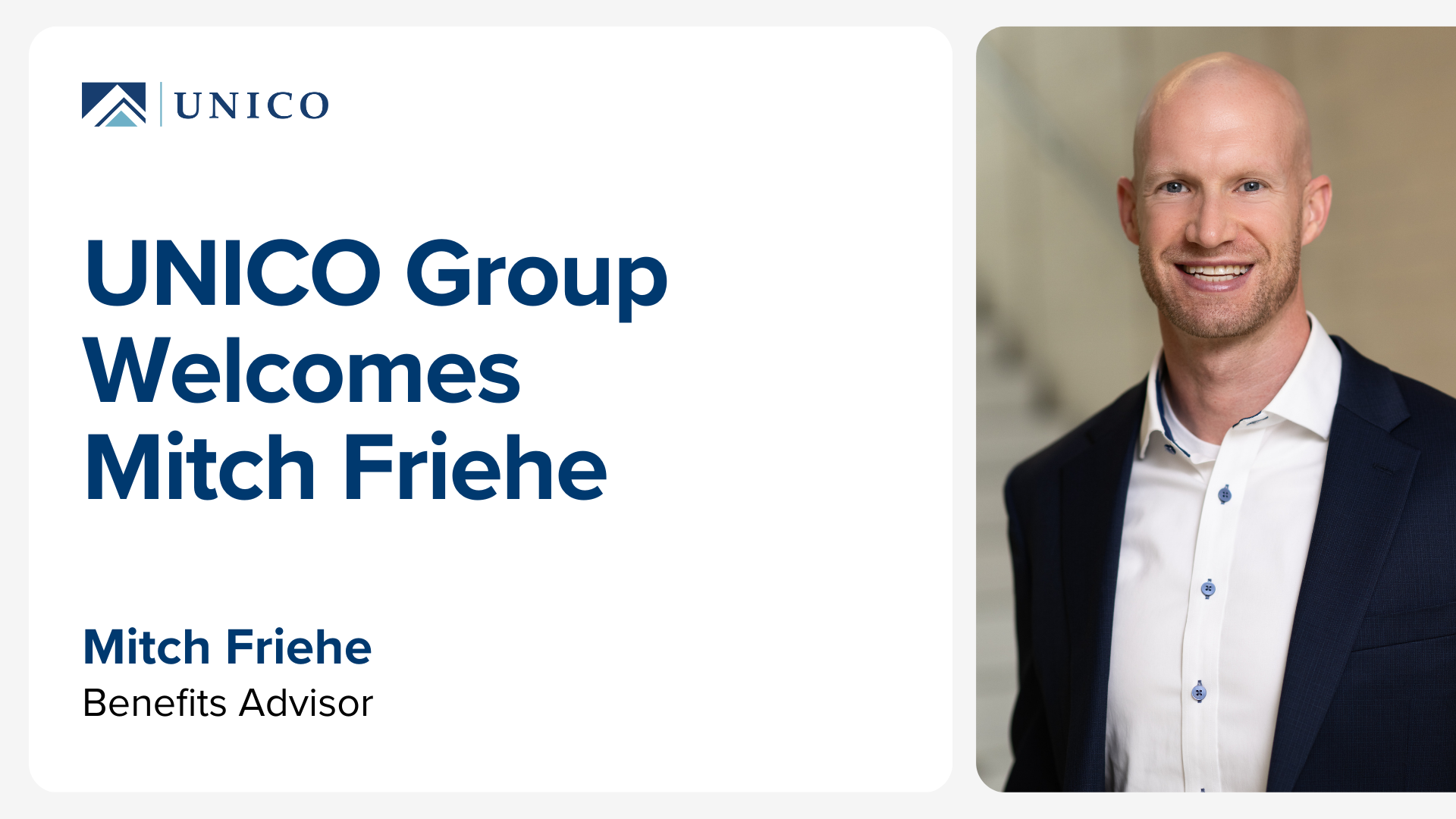Firms that have employees travel outside of the United States have exposures to sources of loss that do not exist in the U.S. and Canada, i.e., political risks, endemic diseases, terrorism and uprisings. Here are some exposures that are often overlooked.
1. Accident, Sickness And Health
It is possible for a person traveling abroad to become sick or injured in an accident. Should either of these events occur, there is a possibility that a U.S. medical insurer would not cover the incident. There is also the possibility that the foreign medical facility will not accept U.S. health insurance. Work with an international underwriter to determine what is required by local laws. Review existing health and medical coverage to determine how the policy will treat foreign claims. When in doubt, contact the HMO or insurance company to determine how coverage may apply. While the insured’s carrier may reimburse the insured for the claim, the foreign medical facility may not accept the patient’s American coverage card. Payment may have to be made either in cash, through a charge card or some other means. Countries with socialized medicine have separate rules for payment of medical treatment for foreign nationals visiting their countries. In some countries, medical facilities may be inadequate. Appropriate expatriation measures should be discussed with the company and employees. Again, a competent international underwriter who understands the country where your customer will be doing business can help identify coverage concerns and offer solutions.
2. Workers Compensation
Workers Compensation (WC) coverage can be used to respond to two different situations:
1. U.S. employees who are temporarily assign to foreign locales.
2. Permanent, foreign employees on the payroll of U.S. firms.
Firms that send an employee to a convention or exposition when the employee will be home in less than three months can handle WC coverage by adding a foreign coverage endorsement to the U.S. workers compensation contract. While there is no national NCCI Workers Compensation endorsement to cover U.S. workers while working temporarily in foreign countries, a few states like Wisconsin (WC 48 0603) Foreign Coverage Endorsement) do have limited foreign coverage. Often this coverage only applies to  U.S. or Canadian workers who are deployed outside these two countries for no more than 90 days at a time. Most endorsements will provide workers compensation benefits based upon those that apply in the state where the employee normally works. The endorsements often provide some coverage beyond normal workers compensation benefits.
U.S. or Canadian workers who are deployed outside these two countries for no more than 90 days at a time. Most endorsements will provide workers compensation benefits based upon those that apply in the state where the employee normally works. The endorsements often provide some coverage beyond normal workers compensation benefits.
Losses due to disease and any endemic disease are regularly covered. Cholera, malaria, polio, hepatitis and tuberculosis are prevalent in many countries. Foreign endorsements do not include coverage for employees who are hired in other countries. Insurance carriers with international arms may have their own endorsements to cover this temporary exposure. Read the foreign endorsement carefully and work with the insured to clarify when coverage for employees ends.
Voluntary workers compensation should be included in the coverage. It is possible for an employee to be entitled to benefits of a country’s workers compensation that are better than what the U.S. provides. Coverage for the increased benefits is often addressed by the voluntary workers compensation clause of the foreign endorsement.Coverage is needed for non-working hours. A way of covering this exposure is with a sickness and accident policy. For permanent foreign exposures, the usual procedure is to buy workers compensation from or for the country where the worker will be permanently stationed.
3. Automobile
Vehicular travel in a foreign country is a virtual certainty. Whether traveling by bus, taxi, leased car or owned car, insurance coverage is subject to local insurance contracts and local law. Auto insurance in any foreign country may not be as broad as is commonly expected in the U.S. The laws in a given country may severely restrict coverage. For example, the country’s laws may say that a taxicab owes no coverage to a passenger riding in the vehicle.
Because it is likely that auto coverage in a given foreign country may offer less coverage than generally accepted by auto provisions in the U.S., foreign non-owned auto coverage can be purchased. The foreign non-owned auto coverage will not respond if the coverage in the country where the accident occurs responds adequately to the loss. In the event that the insurance from the foreign country does an inadequate job, the foreign non-owned auto coverage will respond to the loss, applying the expected insurance contract provisions and limits. The foreign no-owned auto insurance will respond as though the loss occurred in the U.S., applying U.S. laws and the contract itself to the loss. However, such contracts will, regardless of wording, typically conform and comply with the law of the accident locale.
Foreign non-owned auto insurance lends a degree of certainty to the coverage provided for an auto accident in a foreign country. This coverage is also sometimes referred to as Difference in Conditions coverage (DIC) for automobiles.
A U.S. citizen traveling abroad and renting a car will need to purchase the insurance coverage that are available through the car rental agency. While this should be enough insurance to comply with the local regulatory agencies, it may not provide the coverage that the person is accustomed to having. Some credit cards may provide physical damage coverage on the rental unit.
4. Kidnapping, Ransom And Extortion
Kidnapping, ransom and extortion may have a higher probability of happening in some foreign countries. Listed here are some exposures that a firm must make sure are addressed under its kidnap, ransom and extortion contract:
Worldwide Territory. With the amount air travel that is now commonplace and the fact that aerial routes pass over many countries, no country should be excluded. Whenever possible, the policy’s coverage territory should be worldwide. Territorial wording should be examined to see if hot spots are excluded.
5. Liability Insurance
Liability insurance for foreign operations is available. Because the coverage may be substantially different from U.S. general liability forms, be sure to review forms to determine whether a suit can brought in a foreign country or whether a claim must be made in the U.S. Most U.S. forms require that all lawsuits must be made and adjudicated in the United States. Insurers with international capabilities may be able to provide claims-made coverage in most countries.
It is important to consider that liability policies purchased for or in foreign countries may be claims-made or have a different coverage trigger than the occurrence form that is common in the U.S. Make sure that umbrella and/or excess policies properly dovetail with foreign coverages. Make sure that underlying limits requirements are met for all exposures to loss.
The following are some reasons for purchasing liability coverage for foreign countries exposures:
- An employee of the U.S. company could be detained or put in jail if a claim in that country goes unpaid.
- Access to a foreign market might be denied because of an outstanding, unpaid liability claim. This could result in losing money, time and future earnings. Inventories might be seized to pay for the claim.
- A foreign affiliate might need to pay for the loss due to the U.S. affiliate not paying for the claim. Should a foreign affiliate or customer be required to pay the loss owed by its U.S. partner, it could destroy their business relationship.
 It is also possible that a U.S. firm would need to respond to a suit or award made in a foreign country. Under bilateral agreements, multinational agreements or similar laws, a foreign judgment can be enforced in the U.S. While the particular wording of these agreements may vary, their intention is very similar. A U.S. court will enforce a judgment made in another jurisdiction. General liability policies used in the U.S. and Canada usually do not cover suits that are not made in the U.S. or Canada.
It is also possible that a U.S. firm would need to respond to a suit or award made in a foreign country. Under bilateral agreements, multinational agreements or similar laws, a foreign judgment can be enforced in the U.S. While the particular wording of these agreements may vary, their intention is very similar. A U.S. court will enforce a judgment made in another jurisdiction. General liability policies used in the U.S. and Canada usually do not cover suits that are not made in the U.S. or Canada.
Foreign liability coverage is priced with consideration of the various legal environments that exist. Another advantage to the foreign liability coverage is that the local adjusters will be familiar with the applicable language and laws. Dont’ hesitate to contact UNICO Group to learn more about this exposure.




